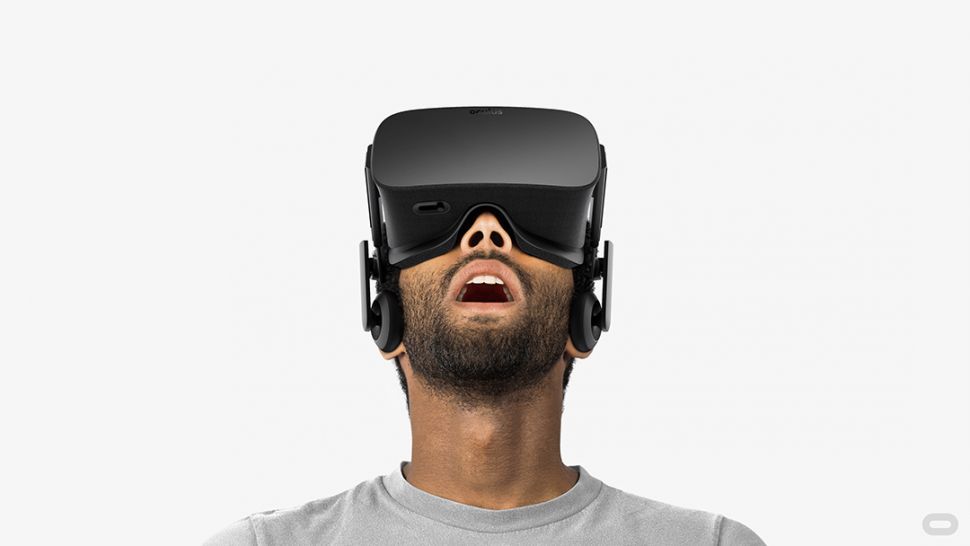 Now that virtual reality is enjoying mainstream adoption with the likes of PlayStation VR, Gear VR, and Google Cardboard, the conversation is starting to turn to the huge potential that virtual reality presents in terms of allowing us to immerse ourselves in environments and experiences we could never experience in the real world.
Now that virtual reality is enjoying mainstream adoption with the likes of PlayStation VR, Gear VR, and Google Cardboard, the conversation is starting to turn to the huge potential that virtual reality presents in terms of allowing us to immerse ourselves in environments and experiences we could never experience in the real world.
One group for whom VR has enormous potential is people with disabilities. Anyone who experiences certain barriers to physical mobility in the real world could take control of a digital avatar’s body and visit new places, play games, or take part in rehabilitative experiences in ways that are more immersive and more meaningful than those that previous digital technologies could offer.
But designing tech that caters to the needs of disabled people doesn’t come without challenges. People who live with physical or mental disability are notoriously overlooked by large tech brands, and while the potential for VR to change that looms large, no one is yet making a considered effort to buck the trend.
You don’t need to have a huge knowledge of cutting-edge VR applications to imagine how immersion within a virtual environment could be hugely beneficial to people living with disabilities, enabling participation across a range of activities within a space that feels relatively safe and free of limitations.
When we think of VR experiences, most of us will probably imagine things like climbing Everest or flying through space. But Shannon Garcia, a communication designer specialising in design for neurodiversity, explains that rather more prosaic experiences have the potential to change lives.
“If you have mobility issues, traveling to a friend’s hometown might have been too difficult, especially somewhere that’s logistically complicated,” she says. “Google Earth VR lets people travel and experience that spatial presence together in a way that makes it so much more accessible than a physical trip would ever be.”
„When done correctly, virtual reality will literally change the lives of people with disabilities.”
She adds “for someone who has issues with social anxiety, or has difficulty navigating crowded areas, a VR-accessible concert or sports event could introduce a lot of opportunities that you and I take for granted, because we can physically participate in them”.
Not only that, but VR provides access to numerous applications that are being developed to potentially reduce the pain and stress experienced by individuals who live with physical or mental disabilities that require treatment.






